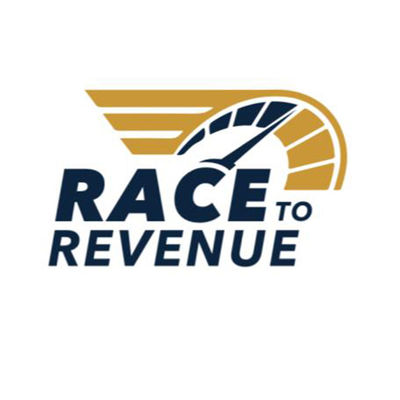
May 26th will mark the start of the second summer of the IDEA Center’s Race to Revenue program. Amongst the 250 ideas submitted this year, ultimately 16 teams were selected to participate. Race to Revenue, led by John Henry, the IDEA Center's director of student startups, is Notre Dame’s summer startup accelerator where aspiring student entrepreneurs and founders have the opportunity to work full-time on their business ideas as a fully-funded internship. “One of the reasons we built it was to provide students with a focused time and space to work exclusively on their project. The funding of the internship gives them credibility, and turns what is a non-traditional career path into something a lot more traditional.”
While the funding might be traditional, everything else about the Race to Revenue internship is anything but. “We make it easier for them to take a risk, and when they take a risk they tend to perform really well,” says Henry. Selected students (called “Racers”) have typically demonstrated significant traction, commitment, and "coachability" when working with the IDEA Center during the academic year. During the summer, they are fully immersed in building their businesses and reaching a range of milestones; while it is called Race to Revenue, the different startups don’t always have the same milestones. For example, one Racer could be working towards a proof of concept while another could be collecting beta testers for an early version of their app. All Racers are encouraged to execute their work thinking not only about product development but customer development as well.
At the beginning of the summer, Racers are matched with a mentor who will help coach them as they journey down the road towards achieving their milestones. Henry explains that unlike the students who come through the pipeline during the academic year and are typically juggling multiple responsibilities, Racers are wholly focused on their startups. “There is a strong career commitment to giving up a summer internship to focus on this, so [Racers] get [mentors] who launched VC backed companies before or exited companies.” These coaches are seasoned entrepreneurs, many of whom have gone through accelerator programs themselves such as TechStars.
Race to Revenue is structured into two types of programming which Henry calls Tactics and Testimonials. Tactics refer to workshops in which Racers acquire the important tools they need to fill their lean startup toolbox; Testimonials are delivered by expert entrepreneurs who will offer stories and advice to the Racers. However, aside from Tactics and Testimonials, Race is Revenue is “light on theory and heavy on hustle,” according to Henry. The program concludes with a Demo Day where the founders will have the opportunity to present their work completed over the course of the ten weeks and get connected with potential investors or networking opportunities.
Additionally, the hope is that once the Racers successfully complete the summer program, they will return in the fall even more rejuvenated and excited to move their startup forward. “If you can commit [the students] to being [in South Bend for the summer] with other like minded people, and identify milestones with mentorship to help them accomplish it, then you’re going to increase the chance that they achieve certain momentum, to prevent distraction from happening when they come back next year.” Not only have past Racers returned to campus ready to work, but many have pushed their startups towards success with new milestones. Of last year’s Racers, MBA student Phoebe Tzannes founder of Level Development, and senior Kyle Murphy, founder of EnSpice, submitted their businesses to the McCloskey New Ventures Competition and both were selected as one of only 30 semifinalist teams. “We essentially saw Racers turn into McCloskey winners which was super exciting, and I think we’re likely to see those Racers turn into full-time entrepreneurs.”
With the goal of instilling a life-long love of entrepreneurship, Race to Revenue strives to help students realize what they are capable of accomplishing as they pursue a passion they might not otherwise have without the IDEA Center’s resources. Henry emphasizes that “the student entrepreneurship mission is to ‘change students’ lives through the discipline of entrepreneurship.' Racers will have increased their practice, and therefore increased their confidence, and make it more likely that they are able to actually become entrepreneurs.”